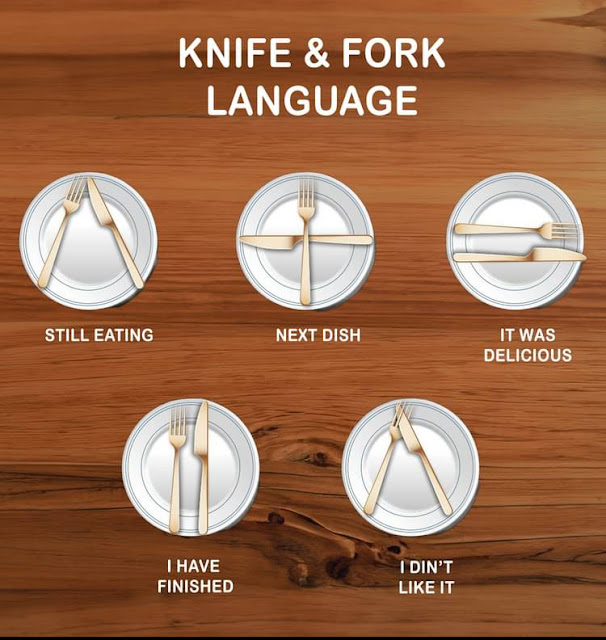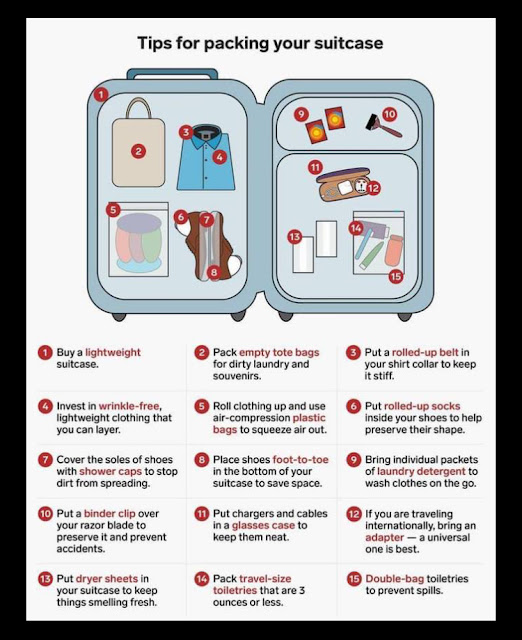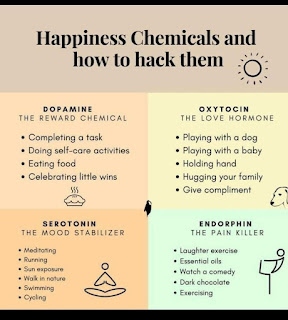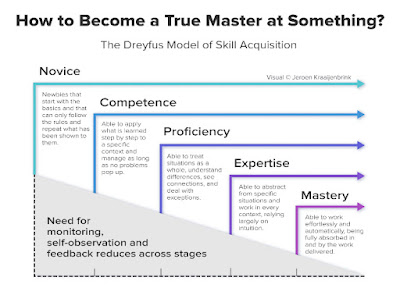Monday, July 1, 2024
Saturday, June 1, 2024
Sunday, May 19, 2024
Coveys Wisdom
In the realm of personal development and effectiveness, few books have made as profound an impact as Stephen Covey’s “The 7 Habits of Highly Effective People.”
First published in 1989, this groundbreaking work offers a principle-centered approach for solving personal and professional problems. Covey doesn’t just offer quick fixes; he delves deep into character ethics, presenting a holistic, integrated, and principle-centered approach for living a fulfilling life.
Whether you’re navigating the complexities of the workplace, enhancing your personal relationships, or searching for a deeper sense of purpose, Covey’s seven habits provide a robust framework that encourages not just success, but also integrity and a balanced approach to life.
Summary of the 7 Habits:
Be Proactive:
Embrace your responsibility to shape your own life. Recognize your freedom to choose your response to circumstances and take initiative to make positive changes.
Begin with the End in Mind:
Define clear values and life goals. Envision what you aim to achieve in various roles of your life to ensure that your everyday actions align with your deeper values and long-term objectives.
Put First Things First:
Prioritize tasks based on importance rather than urgency, focusing on what will make the most significant contribution to your goals and values.
Think Win-Win:
Cultivate a mindset of mutual benefit in all interactions. By seeking agreements and solutions that are advantageous for all parties, you foster effective and enduring relationships.
Seek First to Understand, Then to Be Understood:
Develop empathic listening to genuinely understand others before seeking to convey your own messages. This builds trust and opens the door for more meaningful and effective communication.
Synergize:
Recognize and value the strengths and contributions of others, combining their strengths with your own to create outcomes that would not be possible individually.
Sharpen the Saw:
Regularly renew yourself physically, mentally, emotionally, and spiritually to maintain and enhance your effectiveness over the long term.
Stephen Covey’s “The 7 Habits of Highly Effective People” isn’t just a book; it’s a guide to a way of living that fosters personal integrity, effectiveness, and adaptive responsiveness to change. These habits are more than just a set of rules; they are a compass for a fulfilling and successful life, both personally and professionally.
As we integrate these habits into our daily lives, we transform not only our own existence but also influence those around us, contributing to a more effective and empathetic world.
Whether you’re a seasoned leader, a budding entrepreneur, or someone just embarking on your career journey, Covey’s timeless wisdom provides the tools to navigate life’s challenges with grace and resilience.
Wednesday, May 1, 2024
Monday, April 1, 2024
Friday, March 1, 2024
Falafel
Preparation Time: 15 minutes (excluding soaking time)
Cooking Time: 15 minutes
Servings: Makes approximately 20 falafels
Ingredients:
1 cup dried chickpeas (soaked overnight, avoid canned chickpeas)
½ cup roughly chopped onion
1 cup roughly chopped parsley (about one large bunch)
1 cup roughly chopped cilantro (about one large bunch)
1 small green chile pepper (serrano or jalapeno)
3 garlic cloves
1 teaspoon cumin
1 teaspoon salt
½ teaspoon cardamom
¼ teaspoon black pepper
2 tablespoons chickpea flour (or other flour)
½ teaspoon baking soda
Oil for frying
Instructions:
- Soak Chickpeas: Place dried chickpeas in a bowl and cover with water. Allow them to soak overnight. Drain before using.
- Chop onion, parsley, cilantro, green chile pepper, and garlic cloves. In a food processor, combine soaked chickpeas, chopped onion, parsley, cilantro, green chile pepper, and garlic cloves. Pulse until finely minced.
- Add cumin, salt, cardamom, black pepper, chickpea flour, and baking soda to the mixture. Blend until well combined. Shape the mixture into small patties, about 1.5 inches in diameter.
- In a pan, heat oil for frying over medium heat. Carefully place falafel patties into the hot oil and fry until golden brown on both sides. Once fried, place falafel on a paper towel to drain excess oil.
- Serve falafel hot with your favourite sauce or in pita bread with veggies.
Pro Tips:
- Ensure chickpeas are thoroughly soaked for a smoother texture.
- Adjust spice levels by adding green chile pepper.
- Use a cookie scoop for uniform falafel patties.
- Test oil temperature by dropping a small piece of mixture; it should sizzle and float.
- Enjoy your homemade falafel!
Friday, February 16, 2024
Cookies
Shortbread Cookies
Ingredients:
- 1 cup (226g) vegan butter, softened
- 1/2 cup (100g) granulated sugar
- 2 cups (240g) all-purpose flour
- Zest of 2 lemons
- 2 tablespoons lemon juice
- 1/2 teaspoon vanilla extract
- Pinch of salt
- Powdered sugar for dusting (optional)
Instructions:
- In a large bowl, cream together softened vegan or butter of your choice and granulated sugar until light and fluffy.
- Add the lemon zest, lemon juice, and vanilla extract. Mix until well combined.
- Sift in the all-purpose flour and add a pinch of salt. Mix until the dough comes together. Be careful not to overmix.
- Divide the dough into two equal portions. Roll each portion into a log shape, about 1.5 inches (4 cm) in diameter. Wrap the logs in plastic wrap and refrigerate for at least 1-2 hours until firm.
- Preheat your oven to 350°F (180°C). Line a baking sheet with parchment paper.
- Slice the chilled dough into rounds, about 1/4 inch (0.6 cm) thick, and place them on the prepared baking sheet.
- Bake in the preheated oven for 10-12 minutes or until the edges are lightly golden.
- Allow the cookies to cool on the baking sheet for a few minutes before transferring them to a wire rack to cool completely.
- Optional: Dust the cooled cookies with powdered sugar for extra sweetness.
Thursday, January 18, 2024
Your value
This is a 1000 gram (1kg) iron bar.
Its raw value is around $100.
 |
If you decide to make horseshoes, its value would increase to $250.
If, instead, you decided to make sewing needles, the value would increase to about $70,000.
If you decided to produce watch springs and gears, the value would increase to about $6 Million.
However still, if you decided to manufacture precision laser components out of it like ones used in lithography, it would be worth around $15 million.
Your value is not just what you are made of, but above all, in whichever way you can make the best of who you are.
Thursday, December 21, 2023
Wednesday, December 13, 2023
Reminder
This year was tough I said goodbye to my Nani or Ammachi in my mother tounge. I didn’t want to do that. I didn’t go for funeral it has been tough to accept she is not at home when I go next time to home. Missing you 😘
Tuesday, November 21, 2023
Monday, October 30, 2023
Monday, September 4, 2023
Dreyfus Model
Already in 1980, Stuart and Hubert Dreyfus wrote a phenomenal article with the title “A five stage model of the mental activities involved in directed skill acquisition.” Ever since, it is a reference model and foundation for how someone develops from novice to master.
The five stages are:
• Novice: newbies that start with the basics and that can only follow the rules and repeat what has been shown to them.
• Competence: able to apply what is learned step by step to a specific context and manage as long as no problems pop up.
• Proficiency: able to treat situations as a whole, understand differences, see connections, and deal with exceptions.
• Expertise: able to abstract from specific situations and work in every context, relying largely on intuition.
• Mastery: able to work effortlessly and automatically, being fully absorbed in and by the work delivered.
This is not just to create some sort of hierarchy or levels. The main relevance is that people learn differently at different stages.
At the Novice and Competence stages, learning needs to be rule-driven and instruction-based. Learners need a clear process and guidelines that they can understand and follow.
At the Proficiency and Expertise stages, learning is much more based on personal development and gaining experience in different circumstances.
And, at the Mastery stage, learning is entirely individual. Rather than listening to a trainer or practicing cases, at this stage the best way to learn is to figure things out yourself.
Tuesday, August 1, 2023
30 Plants A week
Many of us are already all about getting our 5-a-day of fruit and vegetables, but what’s the deal with the 30 plants a week challenge and how is this any different?
Saturday, July 1, 2023
Travel Etiquette
- Never bring smelly food
- Bring a bag you can carry
- If you have to switch seats, switch to a comparable seat
- Feel free to recline your seat, but check on the person behind you first
- Don't bother people wearing headphones
- Always wear headphones to avoid hearing loud noises
- Keep your feat off the airplane seats
- Keep your arms and legs to yourself
- Don't touch the headrests when walking through the aisle
- The armrest belongs to the person in the middle seat
- Control your children
- Keep your things in your own space
- Be kind to the cabin crew
- If you have a problem with another passenger immediately call a flight attendant
- Wait until the seatbelt sign is off to start exiting the plane
- Don't treat the plane like your living room
- Ask to skip the line if you have a connecting flight
- Keep your voice down when talking to someone
- Never crawl through anyone when in the middle or window seat
- Keep your legs out of the aisle
























